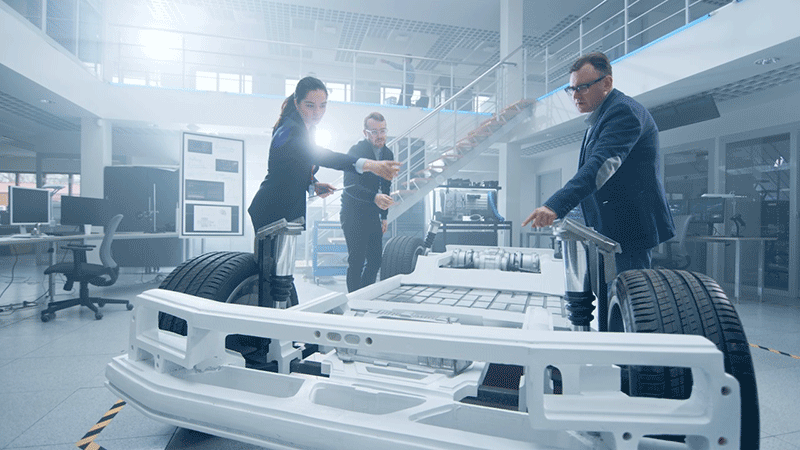The battery packs found in today’s EVs represent a significant advancement over those designs considered state of the art just a few years ago. As automotive OEMs drive to increasingly advance pack designs they are being asked to balance the desire for increased range and improved recharge time with growing government regulations focused on safety and recyclability. Concerns related to the potential for a cell to go into thermal runaway has led to a significant amount of global activity focused on cell behavior and how it relates to full battery pack performance. Additionally, the continued evolution in cell chemistry and formats requires a continued evolution in battery pack designs to address these new challenges. As the industry moves to next-generation battery pack design and use cases, such as cell to pack and second-life battery use, material advancement will be critical.
Join this session at the Charged Virtual Conference on EV Engineering, presented by 3M, where we will focus on important considerations related to thermal runaway challenges for next-generation battery packs. The discussion will start with an overview of some of the notable upcoming regulatory changes and how those changes could influence future OEM designs. This will be followed by an in-depth discussion around key concepts of the cell to pack trend and how different cell failure modes could be influenced by this trend.
Other sessions at our Fall Virtual Conference include:
Get Faster Charging and Better Cold Weather Range with Improved Cooling Plate Design

DuPont Mobility & Materials is working to solve our customers’ greatest advanced mobility challenges. In this webinar we will discuss our new design for hybrid cooling plates that utilizes the best aspects of the current aluminum constructions, then makes them better with thermoplastics. The goal? Faster EV battery charging speed and better cold weather performance.
We combined the excellent thermal conductivity of aluminum with the design flexibility, structural advantages, and thermal barrier properties of thermoplastics, and are seeing:
• Reduced manufacturing times enabled by direct welding of aluminum to polyamide-based thermoplastics
• Better battery performance in cold weather, as measured by DuPont’s advanced simulation capabilities
• Functional integration that opens the possibility for new designs and reduced manufacturing cost
Register here to learn more—it’s free!
See the full sessions list for the Fall Virtual Conference on EV Engineering here.
Broadcast live October 18 – 21, 2021, the conference content will span the EV engineering supply chain and ecosystem including motor and power electronics design and manufacturing, cell development, battery systems, testing, powertrains, thermal management, circuit protection, wire and cable, EMI/EMC and more.

